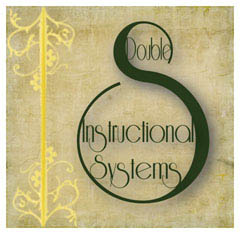
There is growing concern about the health of individuals with developmental disabilities (DD). The move for individuals with DD from institutional to community settings has increased their opportunities for self-determination and provided a less restrictive environment. However, knowledge, motivation, and efficacy to engage in a healthy lifestyle tend to be low in both individuals who have DD and their care providers. Community and residential living arrangements often make choosing a healthy diet and participating in physical activity difficult. Studies show that caregivers of adults who have DD frequently lack information and support in limiting access to unhealthy foods and encouraging healthy activity patterns. Financial and transportation issues also make it difficult for individuals with DD to participate in community-based physical activity programs. As a result, individuals who have DD often have poor energy dense diets and tend to be inactive; they experience rates of obesity greater than the general population which contributes to a high prevalence of health related problems, including cancer, diabetes, hypertension, and cardiovascular diseases. There is a compelling need for healthy lifestyle programs targeted to the specific context and learning needs of this population.
This section contains information designed to provide information about challenges to healthy living for people with developmental disabilities and strategies to help them live healthier and longer.
Topic Areas Include:
Obesity
Nutrition and Diet
Physical Activity and Fitness
Leisure
Sleep
Stress Management
Dangerous Legal and Illegal Drugs
Physical, Emotional, and Sexual Abuse
The first challenge we discuss is in the area of: OBESITY


